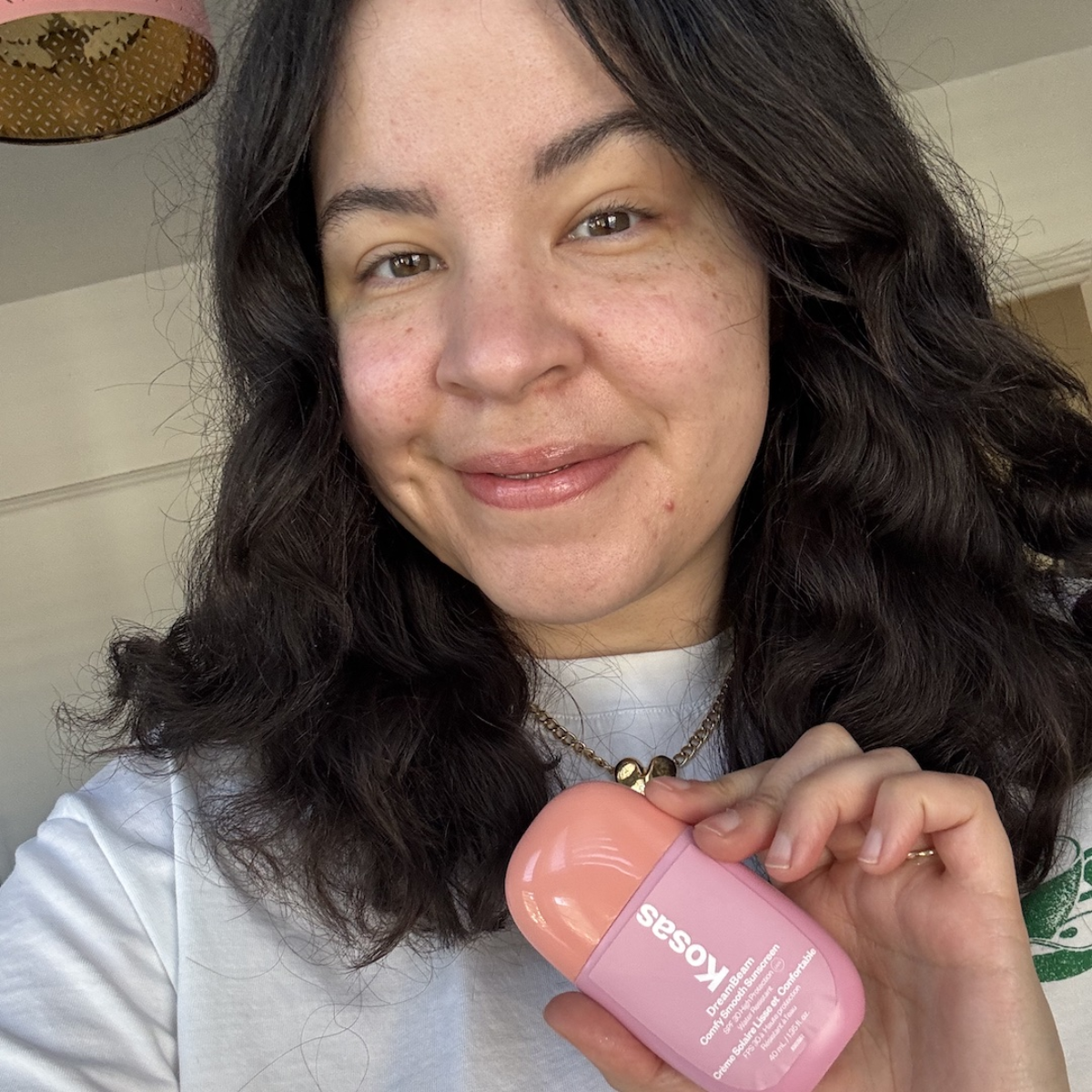Everything you need to know about sleep patterns
What are they? How do they work? Why should we care?

What are they? How do they work? Why should we care?
Words by Jadie Troy-Pryde
How much sleep do you usually get per night? Of course the quality and quantity of your sleep is dependant on many things, and often sleep conditions such as insomnia, sleep apnea and sleep deprivation can play a part.
But considering we're all different when it comes to getting z's, looking at our sleep patterns can be a really helpful way of judging whether we are getting the right amount of sleep for us. And if we're not, we can then shake up our routines to make sure we do.
What are sleep patterns?
Although it was initially thought that once asleep we were considered in an inactive or passive state, in recent years scientists have discovered that the brain is very much still working. In fact, it goes through patterns or cycles as we sleep, and once we look into our own sleep patterns we can adjust our routines in order to make sure we get the most undisrupted cycles for better sleep quality.
Sleep patterns can be separated into two parts of the same cycle - NREM, and REM.
According to Healthy Sleep, sleep usually starts with NREM, a 'clear rhythmic alpha activity associated with wakefulness ... and as NREM sleep progresses, the brain becomes less responsive to external stimuli, and because increasingly difficult to awaken an individual from sleep.' This period is something you might refer to as nodding off, that blurry time between being fully awake and being fast asleep.
Marie Claire Newsletter
Celebrity news, beauty, fashion advice, and fascinating features, delivered straight to your inbox!
REM cycles are the deepest sleep cycle, and the first may only last for 5 minutes before cycling back to NREM. This goes back and forth all night long, alternating from NREM to REM, and together the cycle lasts for approximately 70 to 100 minutes.
If your sleep is disturbed mid-cycle, it can impact how tired you feel for the remainder of the day.
How to improve sleep patterns
Your sleep pattern can be affected by many things - physical things such as age, weight, health, as well as general pressures in your life causing stress or anxiety.
Your sleep history also plays a part. If you have regularly missed a sufficient amount of sleep, or have had an irregular snoozing schedule, it will affect your future sleep pattern.
You can improve your sleep pattern by sticking to a bedtime routine. Try going to bed and getting up at the same time every day and create your own bedtime ritual. Turn off all electronic devices an hour before you want to be asleep, and keep an eye on what you are eating or drinking before bed - going to sleep on a stuffed stomach will not help you to drift off.
Do babies sleep patterns change?
You might notice that your baby's sleep pattern changes dramatically from birth to twelve months. In the first few weeks, your newborn is likely to sleep for about 18 hours a day, but in 1-3 hour segments.
By 3 months, your baby's sleep pattern will start to settle and they will begin to take 3-5 shorter naps a day, and by 12 months most babies are able to sleep through the night.
Is there a sleep patterns app?
If you have tried introducing a routine but still can't work out why you aren't getting a solid eight hours, you also have the option of downloading a sleep app such as Sleep Cycle. It logs your sleep pattern and recognises where you are in your NREM and REM cycle, therefore waking you at the optimum time for your body.
This sleep tracking could also indicate where the problems are, and therefore notify you about how often you are restless and awake during the night.
The leading destination for fashion, beauty, shopping and finger-on-the-pulse views on the latest issues. Marie Claire's travel content helps you delight in discovering new destinations around the globe, offering a unique – and sometimes unchartered – travel experience. From new hotel openings to the destinations tipped to take over our travel calendars, this iconic name has it covered.
-
 Kendall Jenner, Em Rata and Simone Ashley love this affordable Aussie fashion brand—and it's finally available in the UK
Kendall Jenner, Em Rata and Simone Ashley love this affordable Aussie fashion brand—and it's finally available in the UKChic styles from down under
By Jazzria Harris
-
 I’m a size 18 Fashion Editor—these are the most flattering plus-size jeans I’ve tried
I’m a size 18 Fashion Editor—these are the most flattering plus-size jeans I’ve triedCurve denim that's worth every penny
By Stephanie Yeboah
-
 This sunscreen leaves my skin so glowy—it’s basically replaced most of my makeup-bag
This sunscreen leaves my skin so glowy—it’s basically replaced most of my makeup-bagForget the foundation...
By Mica Ricketts